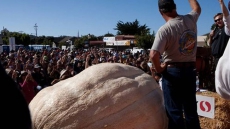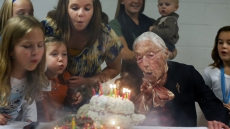Committing mistakes while learning can benefit the memory and lead one to come up with the correct answer, but only if the guess is a near miss, a research revealed.
"Making random guesses does not appear to benefit later memory for the right answer but near-miss guesses act as stepping stones for retrieval of the correct information - and this benefit is seen in younger and older adults," said lead investigator Andree-Ann Cyr from the Baycrest Health Sciences' Rotman Research Institute and the University of Toronto.
In the latest study, 65 healthy younger adults (average age 22) and 64 healthy older adults (average age 72) learned target words like rose, based either on the semantic category it belongs to (a flower) or its word stem (a word that begins with the letters 'ro').
For half of the words, participants were given the answer right away ('the answer is rose') and for the other half, they were asked to guess before seeing the answer (a flower: 'is it tulip? or ro___ : is it rope?').
The researchers wanted to know if participants would be better at remembering rose if they had made wrong guesses prior to studying it rather than seeing it right away.
They found that remembering improved if participants' learnt on the basis of categories (a flower).
Guessing made memory worse when words were learned based on word stems (ro___).
This was the case for both younger and older adults.
"This is because our memory organises information based on how it is conceptually rather than lexically related to other information," Cyr added.
For example, when you think of the word pear, your mind is more likely to jump to another fruit, such as apple, than to a word that looks similar, such as peer.
The latest research provides evidence that trial-and-error learning can benefit memory in both young and old, when errors are meaningfully related to the right answer. And can harm memory when they are not.
The paper appeared in the Journal of Experimental Psychology: Learning, Memory, and Cognition.





